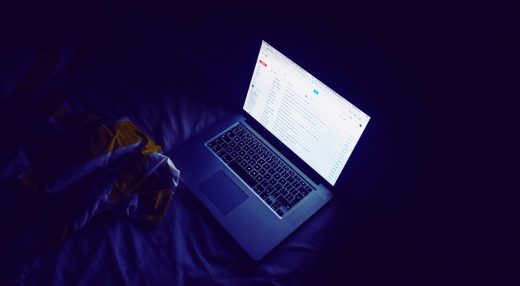The Future of Online Communities Is Self-Hosted and Open
Are you on a social network just because you have to and not because you need to? Well, sadly, you are not alone. The network effect is a festering infection in the web that’s spreading fast. The antigen to contain this is of course, within us—the people who make the web.
This edition of Geekswipe is straight from our discussion group where we talked about communities, monopolies, and ideas on how to battle the network effect.
Walled communities breed toxicity
Understanding the hive mind is hard. It’s down to algorithms versus human emotions that are hand-crafted to prioritise product conversions and goals over human values. Huge walled communities like Reddit, Twitter, and Facebook, have their own breed of this toxic culture.
Give a bunch of bad eggs, the power of anonymity and a platform that capitalises on them, they can get enough attention, they’ll start pockets of toxicity that eventually would infect the entire community. The effect is too big for any platform to manage let alone curb it before the damage is already one.
Of course, human intervention in the form of moderation helps. But are they effective? Are they neutral?
Niche communities are on the rise
You might not notice now, but the web is definitely moving towards its origins. Despite the monopolistic edge with companies like Twitter, Facebook, and Reddit, the network effect is withering down.
And this shift in momentum isn’t forced or a desperate need out of a social necessity but It’s how the wind blows. The inherent sentiment of the crowd is colliding with the effects of the entropy inside the current walled communities.
Be it self-hosted or community-driven, with open and niche communities, people could be able to own back their data, their freedom of expression, and stand their ground and fight internet censorship as netizens, free from the shackles of the walled corporate camps.
2021 update: It has been years since I wrote this, but right now, it feels relevant more than ever. There’s a certain ed-tech company in India that’s suppressing dissent and bullying people who expose their scam. And every damn social network — Twitter, YouTube, Facebook, LinkedIn, Reddit — did exactly what I expected they’d do. They had banned several accounts and removed thousands of posts, including mine.
As usual, there is only one way to protect your rights online. It’s always safe to self-host your content and making it your one true source of expression where your peer could fall back if the same content gets removed elsewhere. Stand up and own your data!
This post was first published on September 12, 2013.











Online communities are flawed. But when moderated and democratized in the right way they can be a civilized forum.
Whatever we learnt from politics and religion suggests that it wont work.